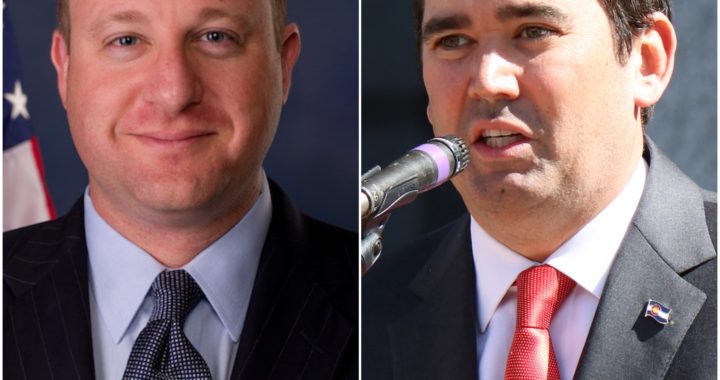With incumbent governor John Hickenlooper being ousted this fall thanks to term limits, Colorado citizens will have the joy of watching two new hopefuls battle it out for the title of governor of Colorado.
Though several topics will inevitably get coverage over the course of the campaign, the future of Colorado’s energy sector will necessarily remain front and center. That’s why it’s so important to know what the major gubernatorial candidates — Democrat Jared Polis and Republican Walker Stapleton — believe when it comes to oil and gas in the Centennial State.
Jared Polis Is a Man of Two Minds
If the Democrats want to reclaim the Colorado statehouse by putting up another centrist like Hickenlooper, then they’ve found their man in Jared Polis. At least, that’s how it seems now that Polis has entered the governor’s race. Speaking to Colorado’s business community, Polis praised the “robust” energy sector in Colorado, explicitly calling out the advanced oil and gas extraction in the state.
That all sounds promising until you look at Polis’ long-term record. According to The Denver Post, four years ago, Polis supported not one, not two, but nine ballot measures designed to obstruct oil and gas operations in the state.
Polis’ wavering on the topic of energy has caused ripples of doubt among Democrats in the state. Anti-fracking activist Xiuhtezcatl Martinez even wrote, “The problem with Jared is I’m not sure which Jared will show up.” Industry professionals wonder the same thing (though probably from a different perspective).
Walker Stapleton Does Not Mince Words
Throughout his campaign, Republican nominee Walker Stapleton hasn’t hesitated to speak about the future of Colorado’s energy sector. He’s also quick to point out the havoc that Jared Polis would wreak should he win the election. When asked whether or not he was accepting money from the oil and gas industry, Stapleton (along with 75 percent of the other candidates) proclaimed that he indeed was accepting donations from the industry. In fact, he said that it would take more funds to overcome Jared Polis, who, in Stapleton’s words, “literally wants to end the future of the energy industry in Colorado.”
Stapleton has pledged to enact safety measures that will promote a responsible, productive oil and gas community for the foreseeable future. He’s in favor of capping unused wells and working toward more efficient fracking throughout the state.





